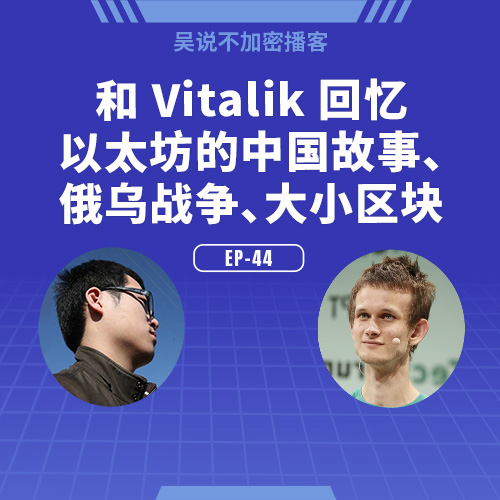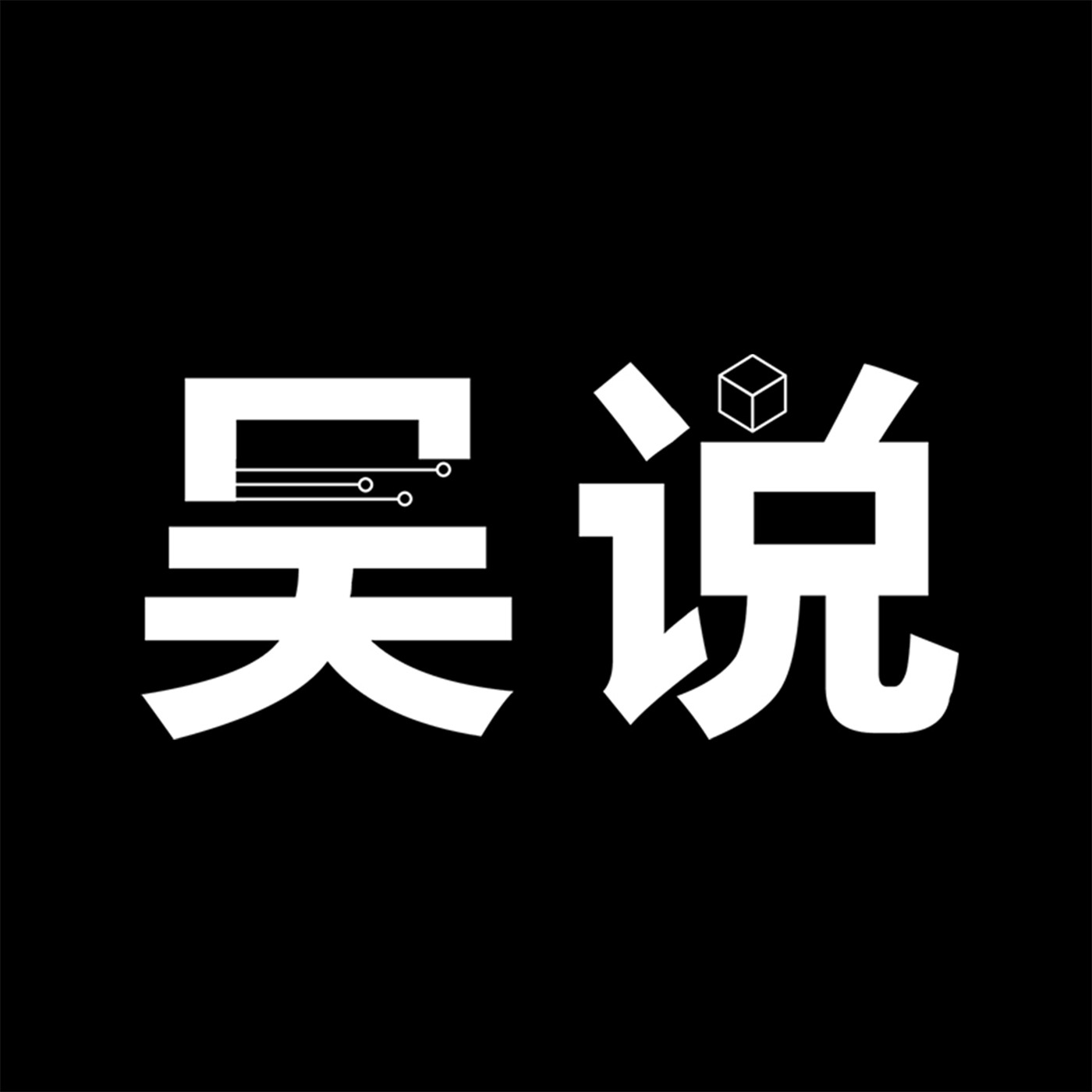
EP-44 和 Vitalik 回忆以太坊的中国故事、俄乌战争、大小区块

吴说不加密播客
Deep Dive
Why did Vitalik consider Wanxiang's support crucial for Ethereum's survival in 2015?
In 2015, Ethereum's foundation was nearly out of funds, and Wanxiang purchased 410,000 ETH at $1.2 per ETH, providing $500,000 in support. This financial injection was critical for the foundation's survival and allowed it to continue supporting developers.
What was Vitalik's impression of the Chinese blockchain ecosystem during his visits in 2014 and 2015?
Vitalik was impressed by the advanced ecosystem in China, noting that companies like OKCoin and Huobi had more employees than their U.S. counterparts. By 2015, he observed the emergence of applications like Zafed and BitCherry, which were experimenting with fractionalized shares and decentralized social platforms.
Why does Vitalik believe that only DeFi projects survived during the DeFi Summer?
High transaction fees made it unsustainable for non-financial applications to thrive. For example, social media users would not pay $1 to $15 per post, whereas DeFi users could absorb these costs. This led to the dominance of DeFi projects during that period.
What is Vitalik's current view on the Bitcoin community's technological development?
Vitalik is not optimistic about the Bitcoin community's technological progress, noting that it has become more focused on Bitcoin's price and digital gold narrative rather than innovation. He contrasts this with Ethereum's developer-centric culture.
How did the Russian invasion of Ukraine personally impact Vitalik?
The invasion deeply affected Vitalik, leading him to publicly oppose the war and donate $5 million to Ukraine. He also realized that returning to Russia could result in imprisonment, marking a significant personal and political shift in his life.
Why does Vitalik prefer the concept of Ethereum as a 'world computer'?
Vitalik sees Ethereum as a platform that combines decentralized storage and open-source technology, enabling collaborative applications like decentralized social networks and Google Docs alternatives. This aligns with his vision of Ethereum as a tool for global innovation and public goods.
What does Vitalik identify as the key difference between Bitcoin and Ethereum cultures?
Bitcoin culture is often focused on wealth accumulation and price speculation, while Ethereum culture emphasizes innovation, public goods, and technological development. Vitalik notes that Ethereum's community is more developer-driven and less concerned with financial gain.
Why does Vitalik believe blockchain is uniquely trustworthy?
Blockchain is decentralized and resistant to censorship, making it the only platform where users can trust that their accounts won't be closed, their funds won't be stolen, and their personal information won't be misused. This is especially valuable in regions with unstable financial systems or political conflicts.
- Vitalik's initial surprise at the scale of Chinese crypto companies in 2014.
- Wanxiang's crucial investment in Ethereum's early days.
- Bihu's innovative approach to incentivizing content creators.
- High gas fees hindering the growth of non-DeFi projects.
Shownotes Transcript
本期播客为吴说创始人 Colin Wu 对话以太坊联合创始人 Vitalik Buterin 的第一部分,主要讨论了以下问题:回忆以太坊与中国结缘的故事,他重点强调了万向的“救命”支持和对币乎的记忆;讨论 BCH 大区块没有成功的原因;以太坊和比特币文化的差异;为什么认可以太坊是世界计算机的概念;区块链为什么是唯一值得信任的;俄乌战争对Vitalik自己如何产生巨大的改变。
需要注意的是,Vitalik 是用非母语的中文接受采访,一些表达可能存在不一定十分准确的情况,请读者理解包容。
加入吴说播客听友群,可添加小助手微信 ipo19841984。关注更多吴说快讯深度等内容渠道:吴说官网)
时间线:
00:00 开场
02:18 回忆以太坊的中国故事
04:35 对币乎记忆深刻
06:32 万向可能救了以太坊一命
08:11 交易费用导致几乎只有 DeFi 项目能活下来
12:37 大小区块之争源自两个群体的理念不同
17:22 大区块的理想更对,但执行能力不够
18:48 不看好现在的比特币社区的技术发展
22:16 比特币与以太坊文化的差异:土豪和开发者?
23:51 回顾曾经多元化的比特币社区
28:31 个人比较喜欢"世界计算机"这个词和概念
44:30 唯一值得信任的只有区块链
53:02 俄乌战争如何彻底改变了我